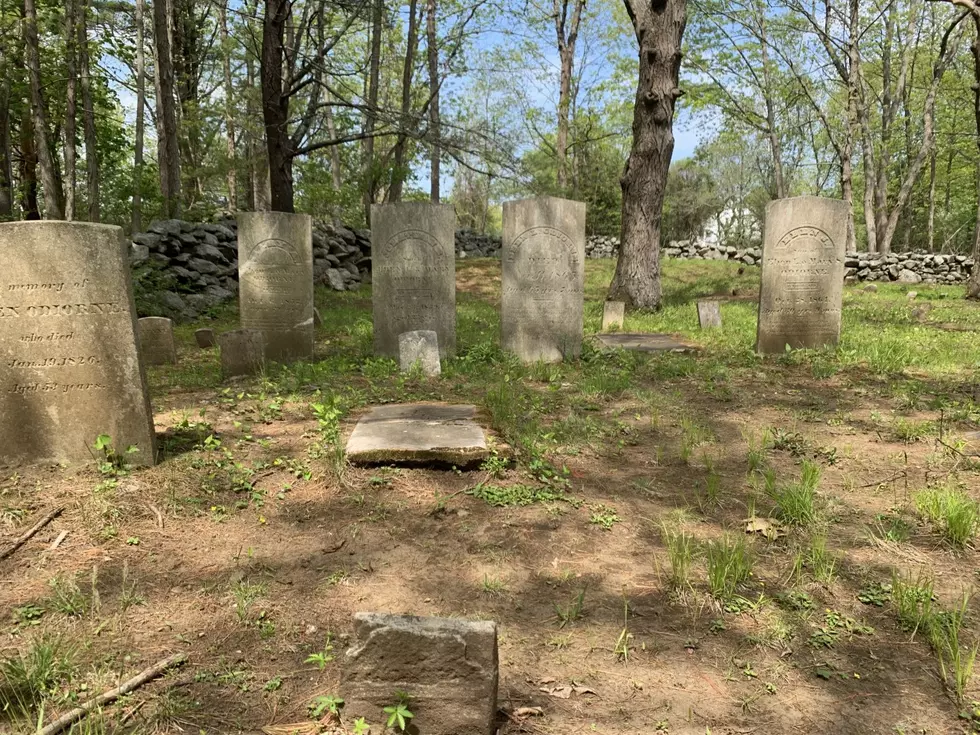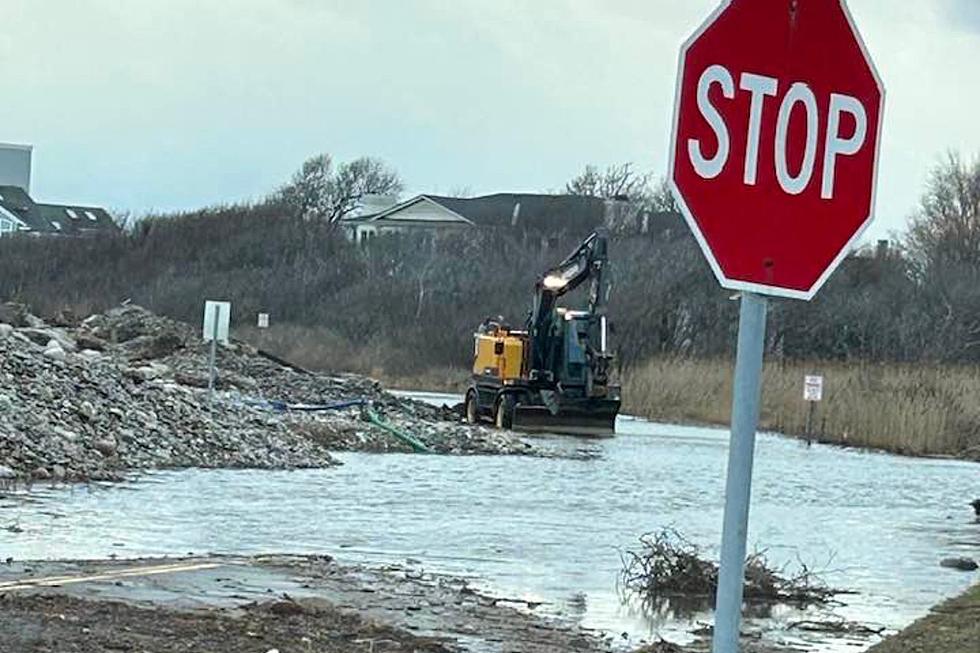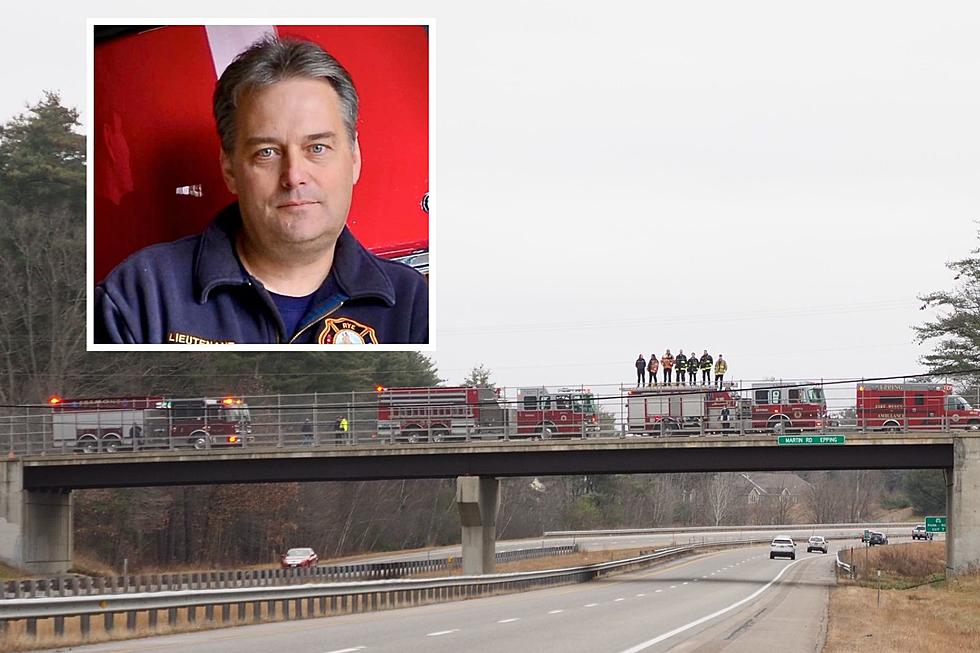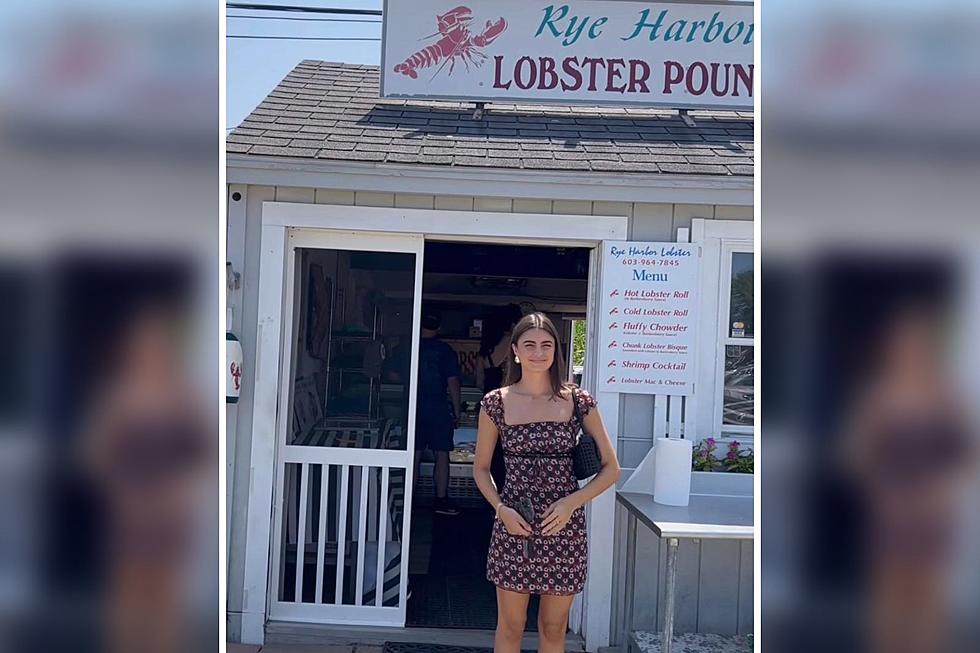
When Will the Rye, New Hampshire, Water District Lift the Boil Water Order?
A boil water order will likely remain in effect for Rye Water District customers all weekend, as samples of the water are taken to help determine when the order can be lifted.
The order was issued Wednesday after high levels of E.coli bacteria was measured in samples taken at the Breakfast Hill tank and two other locations: 1257 Washington Road and 235 Parsons Road.
The order can be lifted after two consecutive tests, taken 24 hours apart, come back clean of bacteria. The first test is scheduled for Saturday, with the results expected back Sunday.
The district said on Friday it was working to chlorinate and flush the water system in anticipation of the test.
"If the samples are clean, the second set of samples will be collected on Sunday. If bacteria is still present in the water, the district will need to take additional steps to disinfect the system," the water district said in an update.
Customers of Portsmouth Water and Aquarion Water in Rye are not affected by the order.
Pre-boiled or bottled water should be used for drinking, brushing teeth, washing vegetables, food preparation, washing dishes, making infant formula, washing small children, and making ice until further notice.
Where did the contamination come from?
The district said the source of the E.coli is not known but is under investigation. In developing a timeline for the contamination the district said a test on October 4 was negative but the next test a week later on the 12th came back positive and the boil water order was put into effect.
The presence of E.coli could indicate contamination from human or animal waste that can make one sick, especially those with weakened immune systems. The bacteria may have gotten into the water from runoff created by heavy rain. It can also happen due to a break in the pipe or a failure in the water treatment process.
Short-term effects include diarrhea, cramps, nausea, headaches, or other symptoms. Infants, young children, and the elderly are at the greatest risk. Symptoms may appear as early as a few hours after ingestion to several days after infection and may last more than two weeks.
- Water should be brought to a rolling boil for one minute.
- Even filtered water should be boiled, as most filters don't remove bacteria, according to the state Department of Environmental Services.
- Showering in unboiled water long as no water is swallowed. People who are immunocompromised should avoid showering in contaminated water.
- Dishwashers can be used if they have sanitizing cycles
- Pets should be given pre-boiled or bottled water out of caution
Contact reporter Dan Alexander at Dan.Alexander@townsquaremedia.com or via Twitter @DanAlexanderNH
Who Were the Victims of the Salem Witch Trials?
More From Seacoast Current






![[PICTURES] Exquisite $25M Oceanfront Estate Stands in the Heart of the New Hampshire Seacoast](http://townsquare.media/site/701/files/2023/09/attachment-ea-11.jpg?w=980&q=75)

